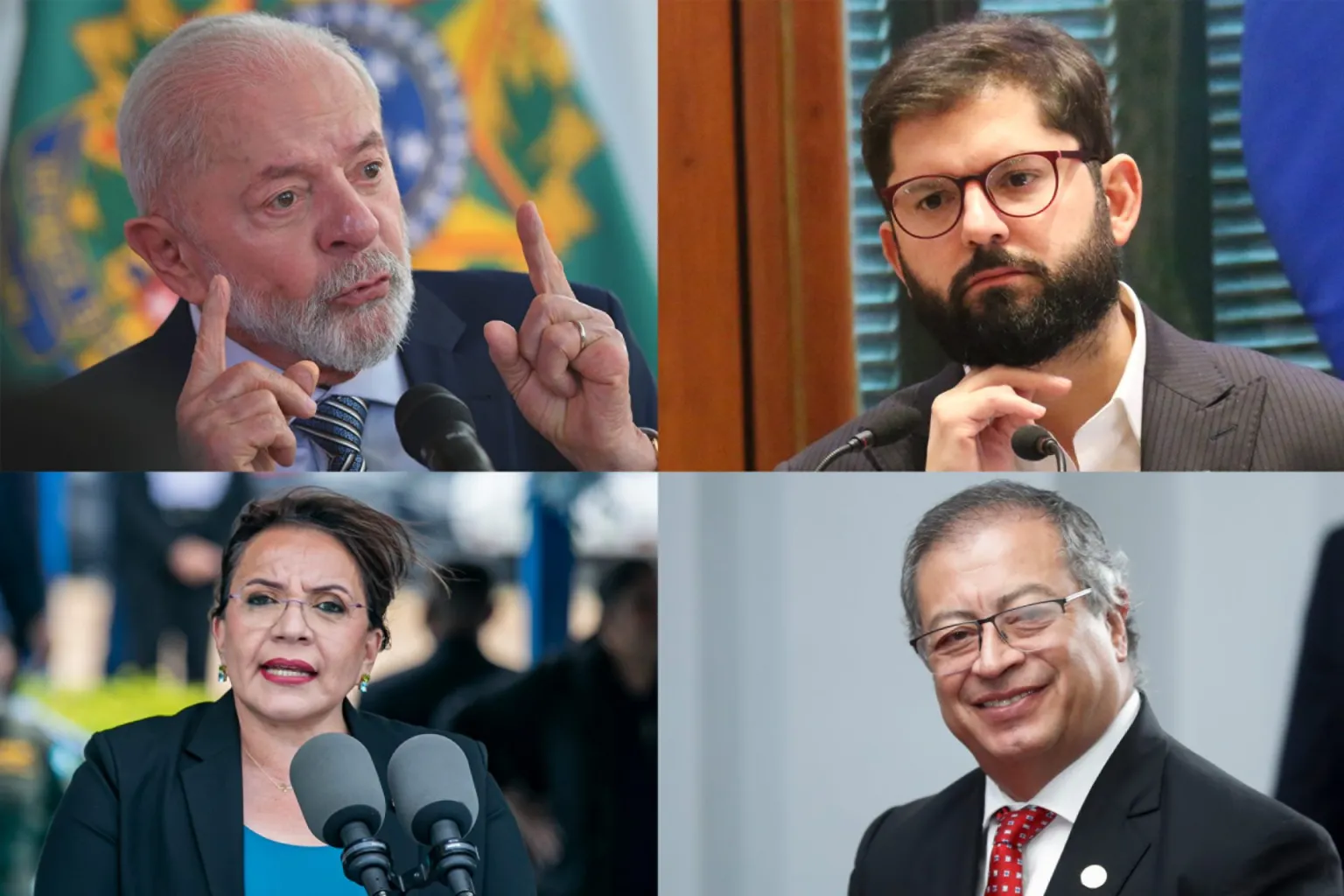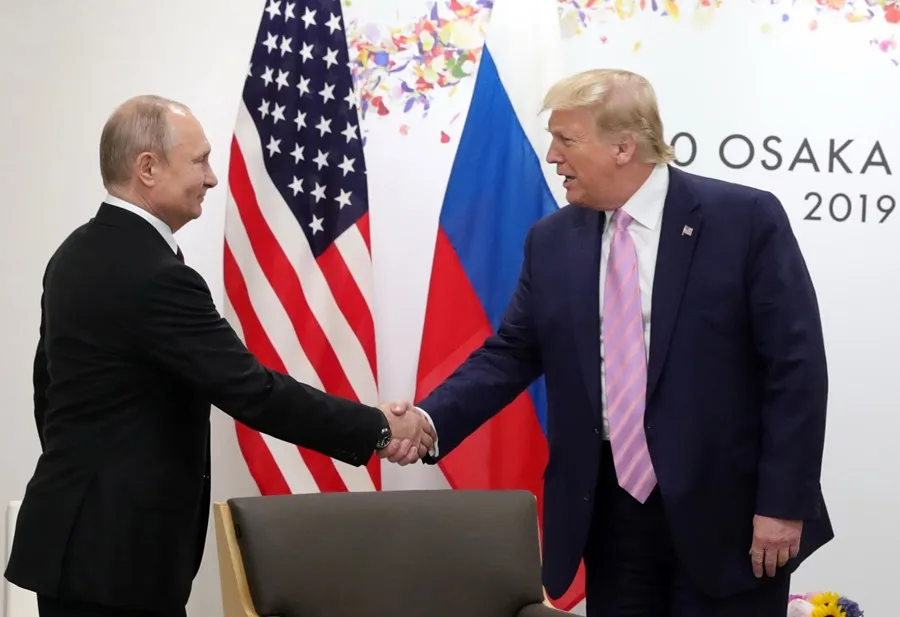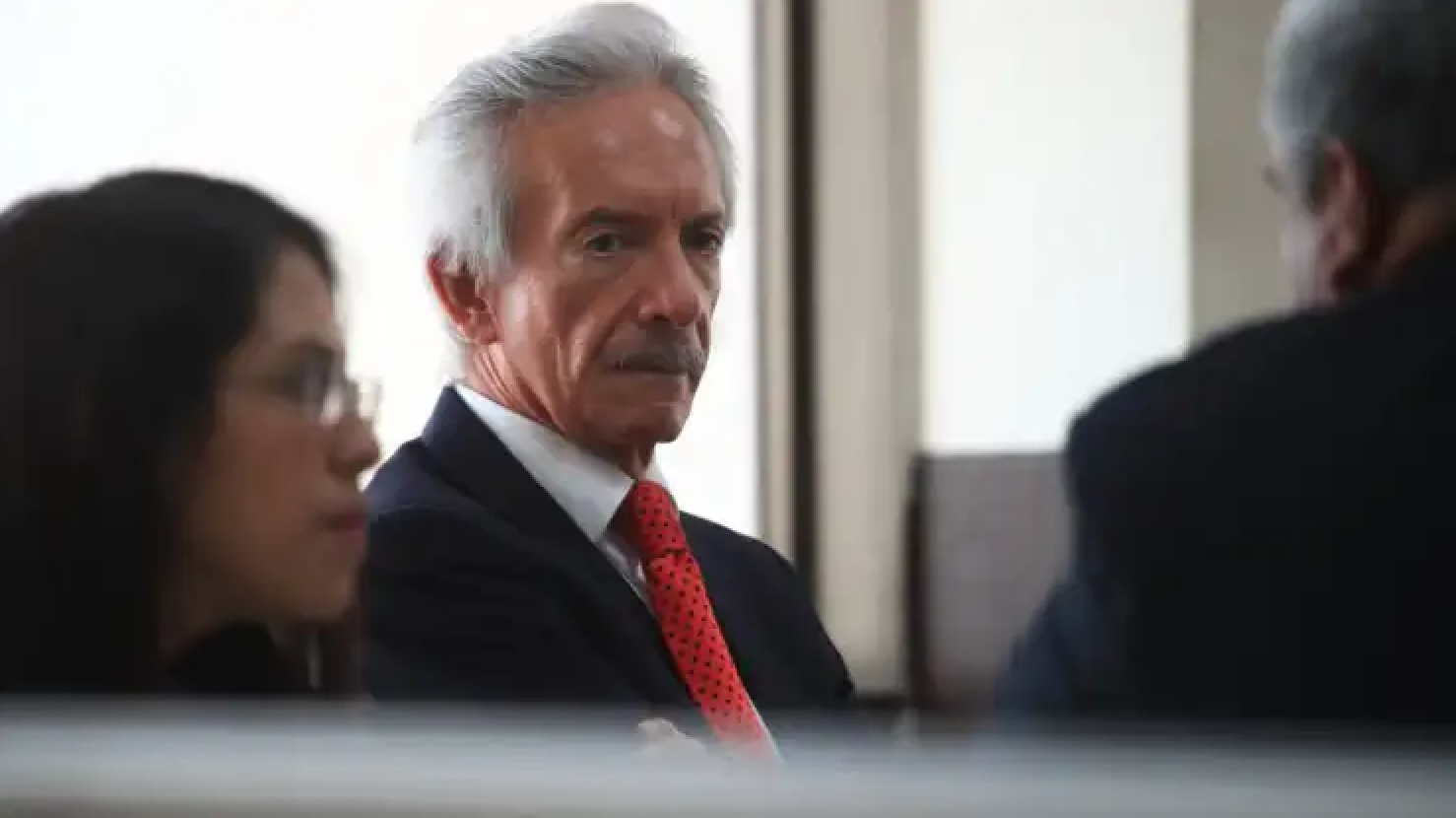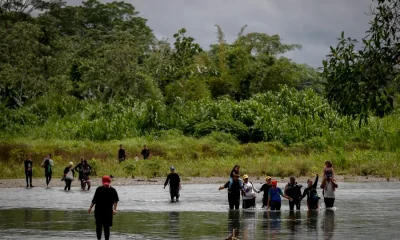International
Leaders of the Latin American left warn Maduro on the eve of the elections

The president of Venezuela, Nicolás Maduro, has received on the eve of this Sunday’s elections a series of warnings from prominent Latin American left-wing rulers, such as the Brazilian Luiz Inácio Lula da Silva, the Colombian Gustavo Petro and the Chilean Gabriel Boric, in addition to the Honduran Xiomara Castro, while the Bolivian Luis Arce has been more lukewarm, and the Cuban Miguel Díaz-Canel and the Nicaraguan Daniel Ortega have shown their full support.
Maduro, for his part, described these elections as a decisive moment for Venezuela, in which the choice will be between “war or peace, democracy or fascism.” During his campaign, he emphasized that the future of the country for the next 50 years depends on these elections.
“On July 28, if they do not want Venezuela to fall into a bloodbath, in a fratricidal civil war produced by the fascists, let’s guarantee the greatest success, the greatest victory in the electoral history of our people,” the Chavista leader proclaimed on July 17 during an electoral event in Caracas.
However, the Venezuelan president received criticism from various sectors of the Latin American left that reflect a shared concern about the direction and policies implemented by his Government.
The president of Brazil, Luiz Inácio Lula da Silva, expressed his concern about the statements of the Venezuelan president, Nicolás Maduro, about the possibility of violence if he loses the presidential elections of July 28, 2024.
Lula considered these statements as dangerous and unacceptable, stressing that “democratic processes require those who lose the elections to accept the results peacefully” and insisted on the need for international observers to guarantee the transparency of the electoral process.
“I was frightened by Maduro’s statements that if he loses the elections there will be a bloodbath,” he said; “who loses the elections takes a bath of votes, not blood,” said Lula, who added that “Maduro has to learn: when you win, you stay; when you lose, you leave.”
This position represents a change in Lula’s attitude towards Maduro, since historically he was more cautious in his criticisms.
Meanwhile, the president of Colombia, Gustavo Petro, criticized the disqualification of María Corina Machado as a candidate for the presidency of Venezuela, a measure he described as an “anti-democratic coup.”
Petro expressed his concern about the affectation of political rights, making a parallel with his own experience of disqualification when he was mayor of Bogotá, and warned that administrative sanctions, such as the one applied to Machado, are a violation of political rights and emphasized the importance of protecting these rights in all their fullness, both in Venezuela and in Colombia.
“The right to choose is not only individual. It is from society and today this discussion is very well evident in the events of Venezuela to Mrs. María Corina (Machado) and others previously: they were disqualified from participating in electoral campaigns by administrative authorities,” he said.
The president of Chile, Gabriel Boric, supported Lula’s statements: “You can’t threaten from any point of view with blood baths. What the leaders and the candidates receive are baths of votes and those baths of votes represent popular sovereignty, which must be respected,” he emphasized.
The Boric Administration also expressed concerns about the conditions for free and fair elections in Venezuela. The Minister of Foreign Affairs of Chile, Alberto van Klaveren, said that the conditions for a free election are currently not met, highlighting the importance of democratic principles and human rights in electoral processes.
In the midst of the international scrutiny of the electoral process and concerns about the deprivation of the right to vote, especially among Venezuelans abroad, Van Klaveren emphasized the need for the international community to facilitate democratic conditions in Venezuela.
For her part, the president of Honduras, Xiomara Castro, expressed her support for the presidential elections in Venezuela by sending a mission of observers to ensure that the process is “free, fair, independent and transparent.”
In this same line of moderation regarding the situation in Venezuela, the president of Bolivia, Luis Arce, also showed his support for Nicolás Maduro and the Venezuelan electoral process, underlining the importance of the self-determination of Latin American peoples and rejecting foreign intervention.
“We support the right of the Venezuelan people to decide their future without external interference. The elections of July 28 are an opportunity to reaffirm their sovereignty and move towards stability.” In addition, he emphasized the need for the elections to take place in an atmosphere of peace and respect.
For his part, Miguel Díaz-Canel, president of Cuba, expressed his full support for Nicolás Maduro and the Bolivarian Revolution, underlining the historic friendship and joint struggle between Cuba and Venezuela.
“We feel… that this is also a special occasion to express the full support and invariable solidarity of our people, State and Government to the Bolivarian and Chavista Revolution, the civic-military union of its people and the leadership of President Nicolás Maduro,” he proclaimed.
In the same vein, the president of Nicaragua, Daniel Ortega, gave his support to Nicolás Maduro and criticized foreign interference in Venezuela’s internal affairs, qualifying them as attempts at destabilization.
“Maduro has shown exemplary courage and resistance in the face of external aggressions. The elections of July 28 are a crucial step for Venezuela’s sovereignty and must be respected by the international community.”
International
Trump urges Putin to reach peace deal

On Monday, U.S. President Donald Trump reiterated his desire for Russian President Vladimir Putin to “reach a deal” to end the war in Ukraine, while also reaffirming his willingness to impose sanctions on Russia.
“I want to see him reach an agreement to prevent Russian, Ukrainian, and other people from dying,” Trump stated during a press conference in the Oval Office at the White House.
“I think he will. I don’t want to have to impose secondary tariffs on Russian oil,” the Republican leader added, recalling that he had already taken similar measures against Venezuela by sanctioning buyers of the South American country’s crude oil.
Trump also reiterated his frustration over Ukraine’s resistance to an agreement that would allow the United States to exploit natural resources in the country—a condition he set in negotiations to end the war.
International
Deportation flight lands in Venezuela; government denies criminal gang links

A flight carrying 175 Venezuelan migrants deported from the United States arrived in Caracas on Sunday. This marks the third group to return since repatriation flights resumed a week ago, and among them is an alleged member of a criminal organization, according to Venezuelan authorities.
Unlike previous flights operated by the Venezuelan state airline Conviasa, this time, an aircraft from the U.S. airline Eastern landed at Maiquetía Airport, on the outskirts of Caracas, shortly after 2:00 p.m. with the deportees.
Interior Minister Diosdado Cabello, who welcomed the returnees at the airport, stated that the 175 repatriated individuals were coming back “after being subjected, like all Venezuelans, to persecution” and dismissed claims that they belonged to the criminal organization El Tren de Aragua.
However, Cabello confirmed that “for the first time in these flights we have been carrying out, someone of significance wanted by Venezuelan justice has arrived, and he is not from El Tren de Aragua.” Instead, he belongs to a gang operating in the state of Trujillo. The minister did not disclose the individual’s identity or provide details on where he would be taken.
International
Son of journalist José Rubén Zamora condemns father’s return to prison as “illegal”

The son of renowned journalist José Rubén Zamora Marroquín, José Carlos Zamora, has denounced as “illegal” the court order that sent his father back to a Guatemalan prison on March 3, after already spending 819 days behind barsover a highly irregular money laundering case.
“My father’s return to prison was based on an arbitrary and illegal ruling. It is also alarming that the judge who had granted him house arrest received threats,” José Carlos Zamora told EFE in an interview on Saturday.
The 67-year-old journalist was sent back to prison inside the Mariscal Zavala military barracks on March 3, when Judge Erick García upheld a Court of Appeals ruling that overturned the house arrest granted to him in October. Zamora had already spent 819 days in prison over an alleged money laundering case.
His son condemned the situation as “unacceptable”, stating that the judge handling the case “cannot do his job in accordance with the law due to threats against his life.”
-

 Central America5 days ago
Central America5 days agoNicaragua denounces Costa Rica’s position in SICA as aligned with foreign interests
-

 Central America5 days ago
Central America5 days agoNicaragua’s new judicial law consolidates power in Ortega and Murillo’s hands
-

 Central America5 days ago
Central America5 days agoPanama’s president declares Darién gap ‘closed’ amid sharp drop in migrant flow
-

 International3 days ago
International3 days agoSon of journalist José Rubén Zamora condemns father’s return to prison as “illegal”
-

 International5 days ago
International5 days agoMarco Rubio warns Venezuela against military action against Guyana
-

 International3 days ago
International3 days agoMiyazaki’s style goes viral with AI but at what cost?
-

 Central America2 days ago
Central America2 days agoPanama police clarifies that Interpol alert for Martinelli is still pending
-

 International2 days ago
International2 days agoDeportation flight lands in Venezuela; government denies criminal gang links
-

 Central America16 hours ago
Central America16 hours agoU.S. Homeland Security Secretary urges Mexico to strengthen Guatemala border
-

 International16 hours ago
International16 hours agoTrump urges Putin to reach peace deal
-

 Central America16 hours ago
Central America16 hours agoPanama grants Martinelli 72-hour extension to travel to Nicaragua
-
Central America4 days ago
Nicaragua revokes legal status of 10 more NGOs, bringing total to over 5,600















